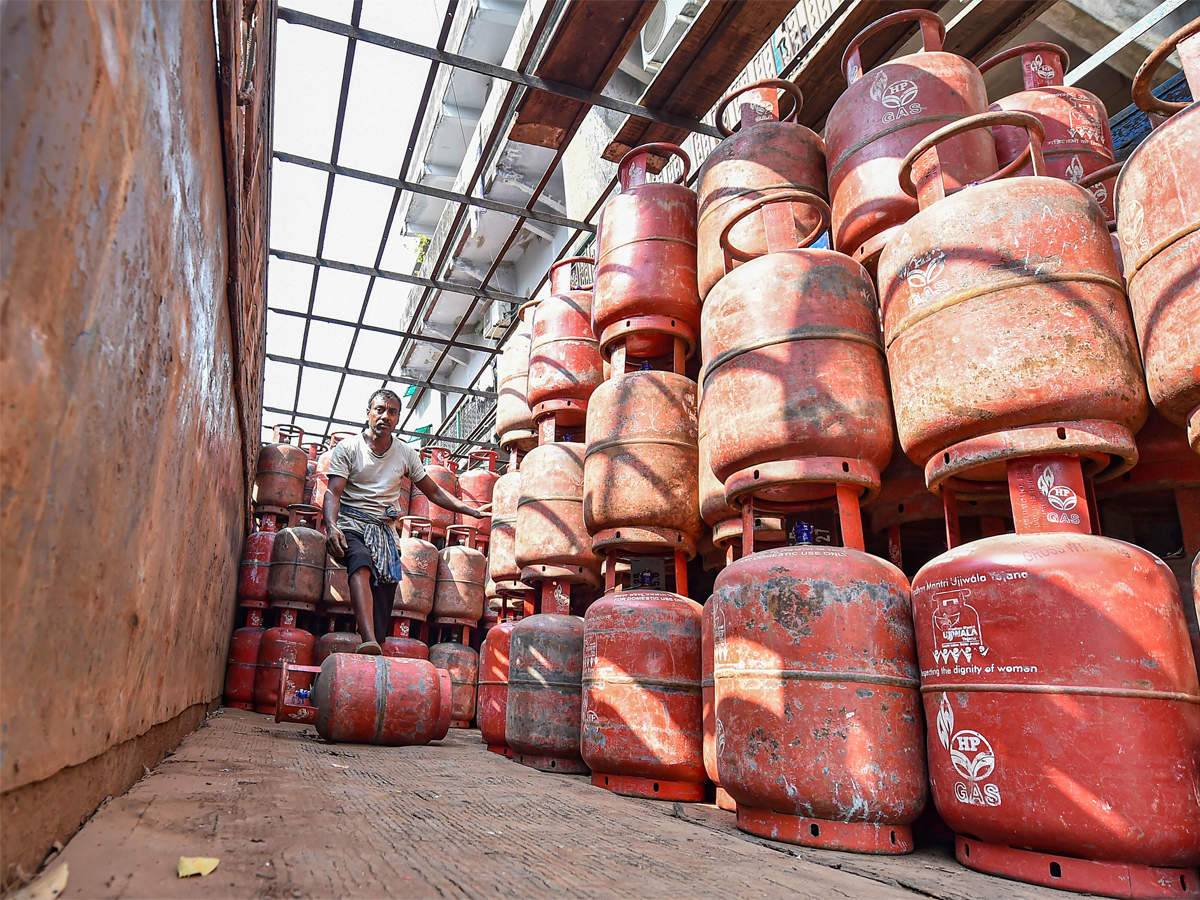
The Goa government will provide three free cooking gas cylinders to families living below the poverty line (BPL) by the end of June, according to the state's Rural Development Agency Minister Govind Gaude.
In its election manifesto, the Bharatiya Janata Party (BJP)-led Goa government vowed to distribute free LPG cylinders to BPL households.
According to the Goa government, this scheme will cover households with a total annual income of less than 4 lakh rupees. According to Gaude, 37,000 BPL households would be covered by this scheme, which will see money put straight into their bank accounts at the end of the current fiscal year. "We'll count how many cylinders they took. Every family, on average, uses six cylinders every year. We will be reimbursing their money for three cylinders.", the minister stated.
Separately, the Central government announced this month that beneficiaries of the Pradhan Mantri Ujjwala Yojana will receive a subsidy of Rs 200 each gas cylinder (up to 12 cylinders).
The Centre confined the cooking gas subsidy to the 9 crore poor women and other Ujjwala beneficiaries who have got LPG connections.
A 14.2 kilogramme of LPG cylinder costs Rs 1,003 in Delhi at the moment. Beneficiaries would also receive a Rs 200 subsidy immediately in their bank account under the Pradhan Mantri Ujjwala Yojana. This means that Ujjwala recipients will only have to pay Rs 803 for a 14.2 kg cylinder. The government estimates that a $200 subsidy on LPG gas cylinders will cost Rs 6,100 crore.
Sitharaman said that Ujjwala plan participants will receive a Rs 200 per cylinder subsidy for 12 bottles in a year when excise duty on petrol and diesel was reduced by 8 per litre and 6 per litre, respectively, to assist alleviate some of the strain caused by increased cooking gas prices.
Subsidies, by definition, are not supposed to become entrenched and increased, according to Oil Minister Hardeep Singh Puri, who spoke at the same conference. Subsidies must be degressive by definition.
Rs 200 Subsidy on LPG
Sitharaman said that Ujjwala plan participants will receive a $200 per cylinder subsidy for 12 bottles in a year when excise duty on petrol and diesel was reduced by 8 per litre and 6 per litre, respectively, to assist alleviate some of the strain caused by increased cooking gas prices.
Subsidies, by definition, are not supposed to become entrenched and increased, according to Oil Minister Hardeep Singh Puri, who spoke at the same conference. Subsidies must be degressive by definition.
















